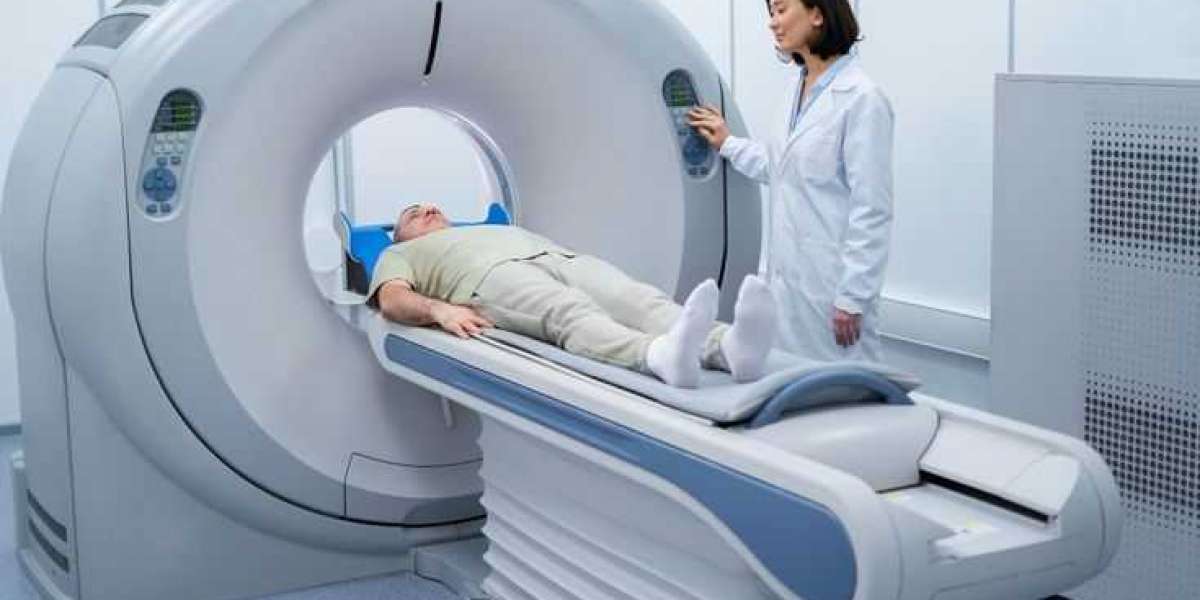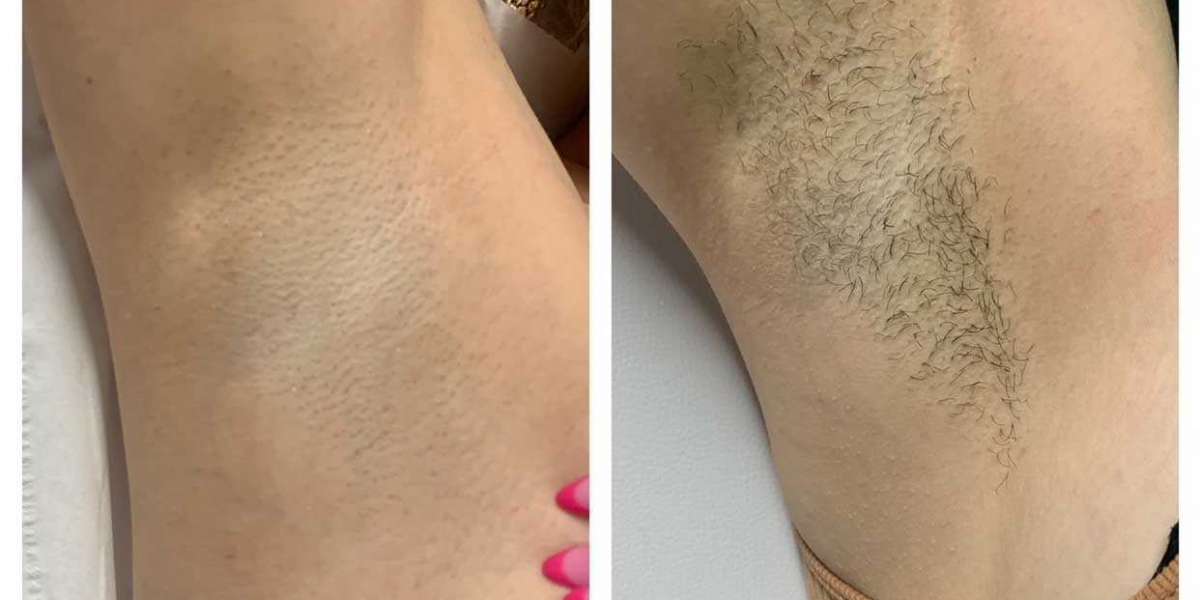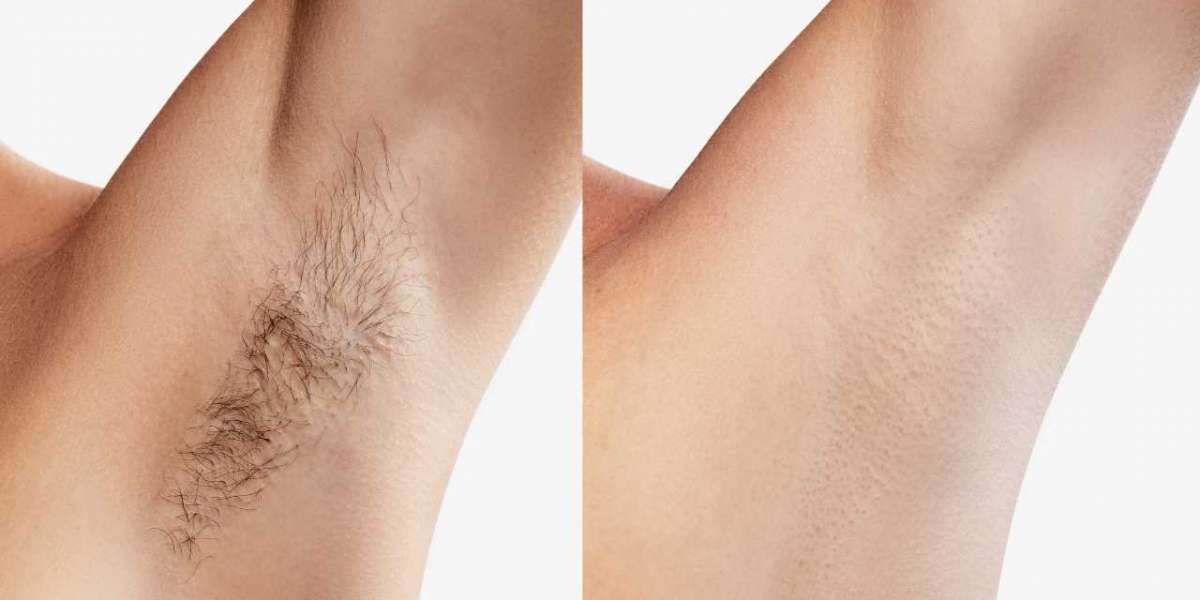Precision is at the heart of every successful project—whether you're in the healthcare field, construction, engineering, or diagnostics. Measuring accurately ensures not just quality results but also safety and efficiency. From basic manual tools to advanced digital equipment, measuring tools come in many forms. In this blog, we’ll explore some of the most widely used types of measuring tools that professionals rely on to get the job done right.
1. Length and Height Measuring Tools
One of the most common and essential tasks is measuring length or height. This includes everything from measuring a patient’s height in a clinic to taking body dimensions for fitness assessments or tailoring.
Common types:
- Stadiometers (wall-mounted or portable)
- Measuring tapes
- Rulers and scales
- Height rods
Digital height measuring devices are now widely preferred for their precision and ease of use. These tools are commonly found in clinics, schools, gyms, and home healthcare setups.
2. Weighing Scales
Weight measurement is another basic but critical function in both medical and industrial settings. The right weighing tool can provide vital information about a person’s health or a material’s density and quantity.
Popular weighing tools include:
- Digital column scales
- Baby scales
- Wheelchair-compatible scales
- Platform scales for industrial use
Digital versions offer added features like BMI calculation, memory storage, and user-friendly displays, making them suitable for both professionals and at-home users.
3. Foot and Posture Analysis Tools
For podiatry and orthopedic analysis, there are specialized tools to measure posture, foot shape, and pressure distribution.
Tools used include:
- Podoscopes for footprint and arch detection
- Goniometers for joint range measurements
- Pressure plates for advanced gait analysis
These tools are widely used by physiotherapists, podiatrists, and orthotic experts to assess posture and foot health, and recommend corrective actions like insoles or physical therapy.
4. Diagnostic Measuring Tools
In the healthcare field, specific measuring instruments are used to assess bodily functions, such as blood pressure, glucose levels, or vascular health.
Common diagnostic measuring tools:
- Blood glucose meters
- Digital thermometers
- Pulse oximeters
- ABPI (Ankle-Brachial Pressure Index) devices for circulation checks
These are vital in monitoring chronic conditions, conducting routine check-ups, and supporting early diagnosis.
5. Professional Mobile Measuring Equipment
Not every setting is fixed—professionals often need portable tools they can carry and use in the field or at a patient’s home.
Portable measuring devices include:
- Foldable height rods
- Lightweight baby scales
- Mobile diagnostic kits
- Travel-friendly blood pressure monitors
These tools are essential for home visits, mobile clinics, and outdoor health camps where convenience and accuracy are equally important.
6. Why Accuracy Matters
Using the right measuring tools ensures:
- Reliable results for treatment or analysis
- Time efficiency, reducing trial-and-error
- Improved safety, particularly in medical and industrial environments
- Data consistency across different users and locations
Small miscalculations can lead to wrong diagnoses, failed quality checks, or even safety hazards. That’s why choosing the right measuring devices for your specific needs is so important.
7. Choosing the Right Tool
When selecting any type of measuring tool, consider the following:
- Purpose: Are you measuring weight, height, joint movement, or blood pressure?
- User: Is the device for clinical professionals, field workers, or home use?
- Portability: Do you need a lightweight and foldable version?
- Accuracy: Look for calibrated, medical-grade or industry-standard tools.
- Durability: Especially important for tools used frequently or in field conditions.
8. Real-World Applications
- Clinics use digital scales, stadiometers, and glucose meters for routine health monitoring.
- Podiatrists use podoscopes and foot measuring tools for posture correction and arch assessment.
- Physiotherapists rely on goniometers to evaluate joint flexibility and injury recovery.
- Home healthcare providers often carry foldable height rods, portable weighing scales, and diagnostic kits.
Conclusion
Whether you're in a hospital, a fitness center, or even working remotely as a healthcare provider, accurate measuring tools form the foundation of quality work. Understanding the various types available—and choosing the one that matches your needs—ensures not just precision but also trust and confidence in your results.
From advanced measuring instruments to simple, reliable measuring equipment, it's not just about tools—it's about tools that work right every time.







